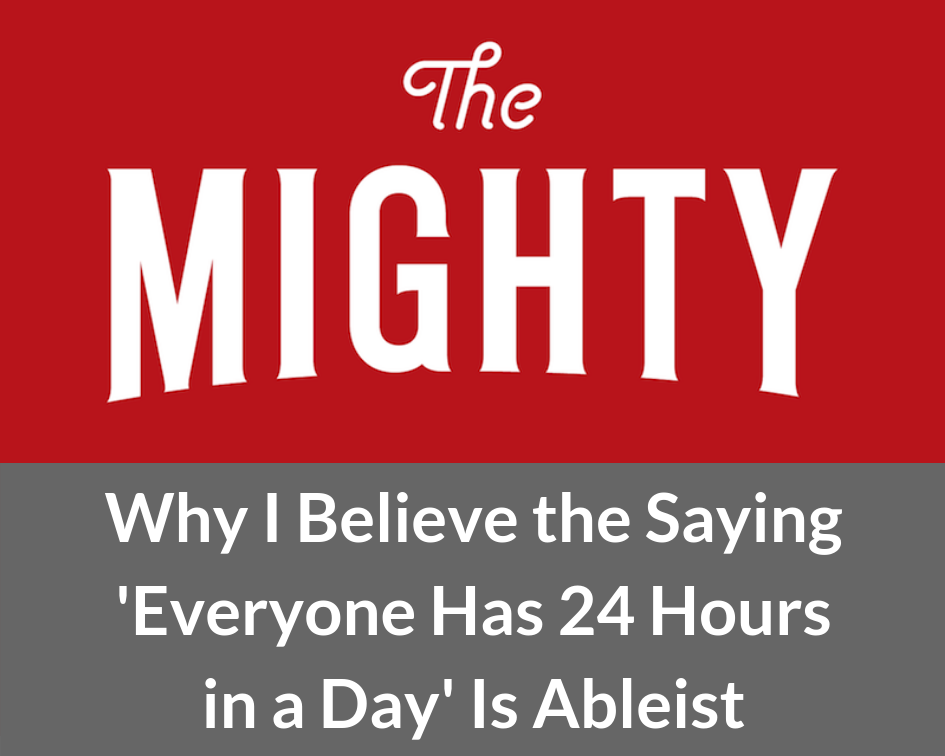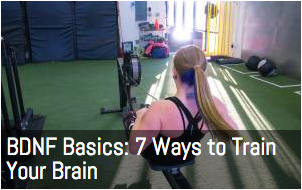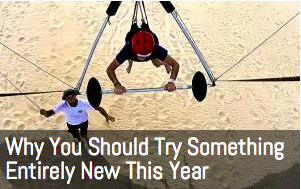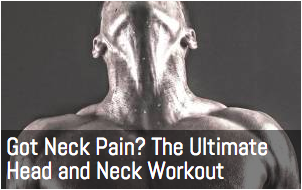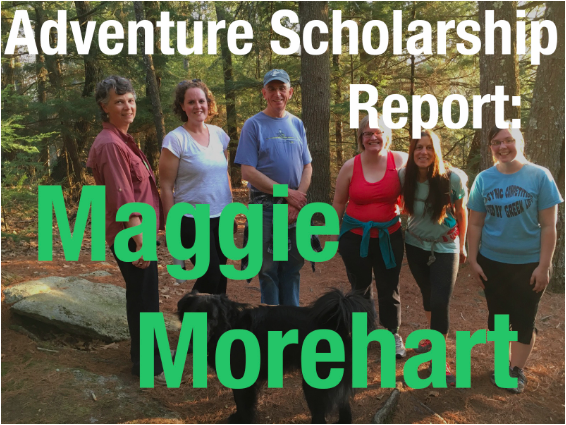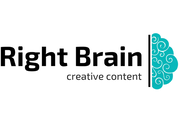Q: How did you begin your journey as an artist?
A: My curiosity with art began in my early childhood. I was constantly creating - painting, drawing, and crafting for hours in my bedroom. When I reached high school, I was accepted into Etobicoke School of the Arts. It was there I received my formal training in the arts, and I'd say my journey really began there.
Q: How has your art evolved? Has your science background had an impact on your art?
A: My art was originally centered around creating colourful pieces with the intention of adding beauty to a space. I worked mainly in acrylics (sometimes oil) that focused on nature and nude figure studies. Over the years my chronic illness unfortunately progressed (I live with a disease known as myalgic encephalomyelitis, ME/CFS for short). In response, I had to adapt to different mediums because of my physical limitations. Collage, photography, makeup art, and sculpture are less labour intensive, and therefore more accessible. What evolved most in my art is the intention behind my work. I still want to create art that is beautiful, but most importantly, I want to use it as a tool for storytelling and raising awareness (for ME/CFS).
I think in not so direct but very profound ways, my science background has impacted my art. The experiences I draw from when creating, are about navigating life in a chronically ill body. For over a decade I was very sick but managed to obtain a BSc in Nutrition and Nutraceutical Sciences and nearly finish an ND degree (naturopathic medical degree). When my illness progressed, there was an overwhelming grief I had to confront when I had to leave the ND program.
My pursuits in nutrition and medicine revealed an undeniable gap. The knowledge and understanding of human physiology and biochemistry in relation to ME/CFS were nowhere to be found. Those answers are not even known by world renowned scientists studying ME/CFS, and somehow I naively believed I could heal myself if I just ate the right foods, took the right supplements, did the right yoga poses, cited the right mantras, etc. It was a painful realization, to know that I had bankrupted my health further in the desperate pursuit of answers to heal/manage my ME/CFS. In this way, my science background indirectly influences my art because my work often touches on a deep grief, heart crushing disappointment, anger, and desperation.
Q: Has the pandemic had an impact on your work, and if so, how?
A: I think the pandemic has definitely impacted my work. It amplifies experiences that were already there to begin with, as someone living with a very marginalized chronic illness. Feelings like grief, isolation, uncertainty of the future, yearning for the way things once were, fear of others (their judgements and ableist comments pre-pandemic; now it's them giving me COVID plus their judgements and ableist comments). These themes have been really central to my work over the past year, and the pandemic has undoubtedly influenced that.
Q: You've worked with a wide variety of media - collage, sculpture, painting, makeup, etc. - what's your favorite medium?
Q: I'm fascinated by your Broken Body/Enduring Spirit sculpture series. You make a powerful statement about learning to connect with your body that also challenges our cultural ideals of productivity. Can you tell me about your inspiration for these sculptures and the process of creating them?
Q: As someone with multiple chronic illnesses, I find much of your work very relatable. Have you found that your art creates a bridge between people living with chronic illness? Any fun stories of how you've connected with others through your art?
A: I'm happy to hear, it means we're not alone in this experience. The only thing worse than going through a difficult time, is feeling like you're the only one going through it. Art definitely creates bridges between those living with chronic illness just for this reason. I know for me, sometimes I haven't fully digested the layers of what I'm going through. If I see a post that really resonates, whether it be writing or art, Im like "ah ha, that's it!" It helps you figure out the root of a feeling you haven't been able to articulate yet. There's healing there too, because it's validation for something you're going through. Validation is so important for those living with ME/CFS, because many of us carry medical trauma from disbelieving physicians, friends, and family members.
My most recent fun connection that I had was from a puzzle makeup look I created for #MillionsMissing this year (#MillionMissing is the annual global protest for myalgic encephalomyelitis). The makeup art was inspired by the book The Puzzle Solver, that tells the story of Ron Davis (director of Stanfords Genome Technology Center) and his family's ongoing battle with their son Whitney Dafoe's severe ME/CFS. I shared it on Twitter, and it reached Tracie White (the author), Janet Dafoe (Whitney's mom) and Whitney. To connect with them on Twitter was a really special moment, because it was a confirmation that my art can have an impact that reaches far beyond the tiny world of my bed.
Q: What's your ultimate goal in sharing your ME/CFS story with others?
A: My ultimate goal is to be seen. I want others to know what it is that I am going through, and the challenges those with ME/CFS face. Our community continues to go through so much, and we need healthy allies and compassion more now than ever. Another goal to sharing my story is to bring healing, comfort, and a sense of community to our experiences. I want to normalize and create discussion around the difficult and challenging struggles we face, both within our bodies, and with the outside world because of them. With cases of long haulers on the rise, there will be some who do not recover, and will go on to develop ME/CFS. Building a stronger unity between each other now will contribute to a stronger foundation for all of our advocacy efforts down the road.
Learn more about Christina's artwork and advocacy - and find out how you can purchase her work - at wordsasmedicine.com.
0 Comments
Businesses, schools and public places across the country continue to reopen, and for many of us, it’s refreshing to reconnect with the world after more than a year of social distancing. But it’s also important to recognize the lessons we’ve learned from COVID – things like our need for rest and the healing power of creative self-expression. As I prepare for my upcoming conference presentation Visual / Virtual / Viral: Communicating Disease and Disability Experience Through Art in the Digital Age, I’ve stumbled upon some fantastic opportunities to explore art and its connection to our health and the healing process. Many of these resources are accessible from the comfort of home, making them perfect for those who are still housebound or looking for fun, educational staycation activities this summer. Check them out below!
Jordan Schnitzer Museum of Art, Washington State University 5. Indisposable: Structures of Support After the ADAThe Ford Foundation Center for Social Justice
July is Disability Pride Month! To celebrate, I'll be sharing work by some of my favorite artists and advocates this month.
In April, I presented a poster project titled Visual / Virtual / Viral: Communicating Disease and Disability Experience Through Art in the Digital Age at the University of Findlay's Symposium for Scholarship and Creativity. My interactive poster won the Academic Excellence Poster Prize and was accepted into the Midwest Popular Culture Association's annual conference, where I'll be presenting additional research in October. In this presentation, I explore the work of artists like Elizabeth Jameson, who reclaims her own medical data by creating colorful portraits from her MRI scans. Other artists, like Emma Jones, have launched movements that encourage the participation of people with chronic illnesses around the world. These movements continue to grow online and off, with craftsmen like Evan Hebenstreit merging the traditional art of woodcarving with an international awareness campaign. Explore more works by these talented artists by clicking on the images below. And keep an eye out for additional featured artists this month!
I recently stumbled across Emilie Wapnick’s Tedx Talk Why Some of Us Don’t Have One True Calling, and in twelve short minutes, my entire outlook on life changed. Okay, that may be an exaggeration, but it really forced me to reflect on my choices, habits and interests in a new way. It also introduced me to a word I’d never heard before and one that I identified with immediately: multipotentialite.
According to Emilie, a multipotentialite is someone with many interests and creative pursuits.
Just having a name for a defining element of my personality gave me a tangible sense of relief, a bit like the feeling you get when you finally receive a diagnosis after being sick for months or years. Naturally, I wanted to know more about this “diagnosis,” so I visited Emilie’s website, ordered her book (and a few other related titles) on Amazon and dove headfirst down a YouTube rabbit hole of multipotentiality. I consequently realized that I was exhibiting classic symptoms of multipotentiality in my search for more information on multipotentiality, the irony of which was not lost on me.
As I begin to think about the many ways my multipod (short-hand for multipotentialite) personality has manifested in my life, one of my first observations is the way I tend to thrive with multiple part-time jobs. The times in my life when I’ve felt the happiest and most fulfilled in my work have been when I’m not working a single, full-time gig but several wildly different ones at once. As they say, variety is the spice of life. And it can also be the spice of your work life! Coincidentally, flexible schedules, shorter shifts and the ability to work in various different environments act as coping mechanisms that help me to manage multiple chronic illnesses too. (Because what kind of multipod would I be if I didn’t also have multiple chronic illnesses?)
As I continued to reflect, so many things in both my work and personal life began to make sense – like my long-time obsession with George Washington Carver (perhaps the greatest multipotentialite of all time), the siren call of Hobby Lobby, my interest in duathlon (why choose when you can run and bike?) or all the headaches I caused my freshman Career Exploration instructor in college.
As incompatible as these two identities may seem – how can you focus on so many different things when just managing your illness can seem like a full-time job? – the more I reflect on this newfound label, the more benefits I see to being a multipod with chronic illness. Juggling all these diverse interests over the years has certainly allowed me to practice some of the skills needed to juggle symptoms, medications and doctors. It allowed me to pivot in my career when my demanding full-time leadership role took its toll on my health. And it’s allowing me to make connections between seemingly unrelated topics like chronic illness and art, health and literacy and communication and disability.
Many of the downsides to being a chronically ill multipod, like feeling flakey or pushing past your physical limits, are accompanied by tremendous upsides. It’s certainly frustrating when your body can’t keep up with your wide range of interests and pursuits, but if one passion turns out to be too physically demanding, there are a dozen others to fall back on. While other folks struggled with boredom during last year’s quarantine, I finally made some progress on the many projects I’d been anxiously waiting to dive into.
After 33 years as a multipod, I finally have a word for the unique and sometimes chaotic way my brain works. My fellow spoonies will understand how empowering something as simple as a name can be.
Are you a multipotentialite with chronic illness or disability? I would love to hear from you! Leave a comment or contact me here. Christmas is almost here, and if you’re anything like the rest of us, you probably have a few gifts left to wrap. Fortunately, I’ve discovered a few handy hacks that make wrapping quick, easy and painless. Plus, they’ll have everyone on your list admiring your crafty, eco-friendly handiwork!
|
My name is Maggie Morehart, and I'm the creator of Incurable. Learn more.
Categories
All
More Places to Find Me |

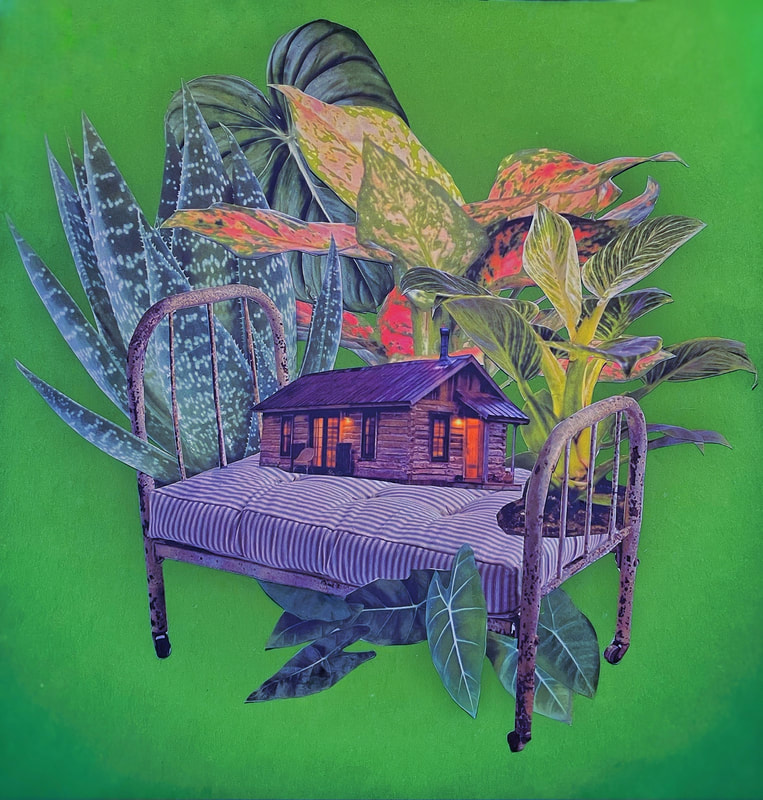
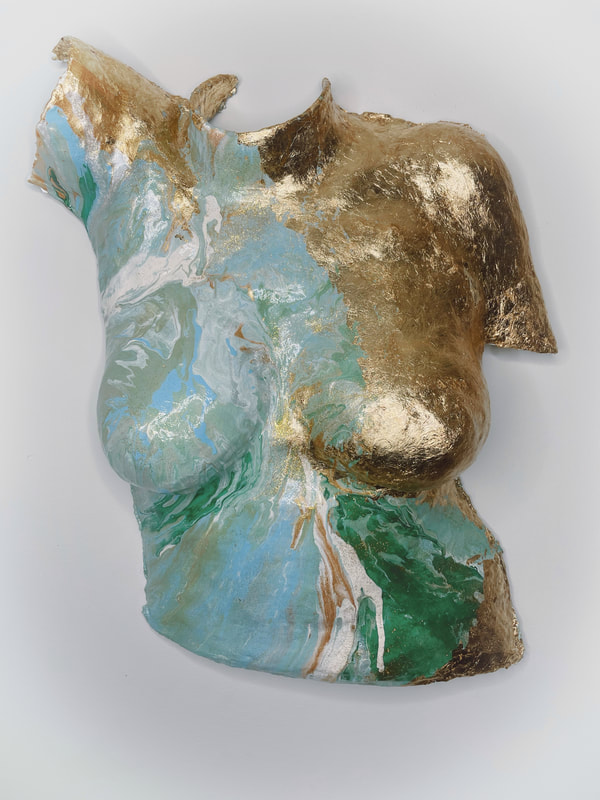
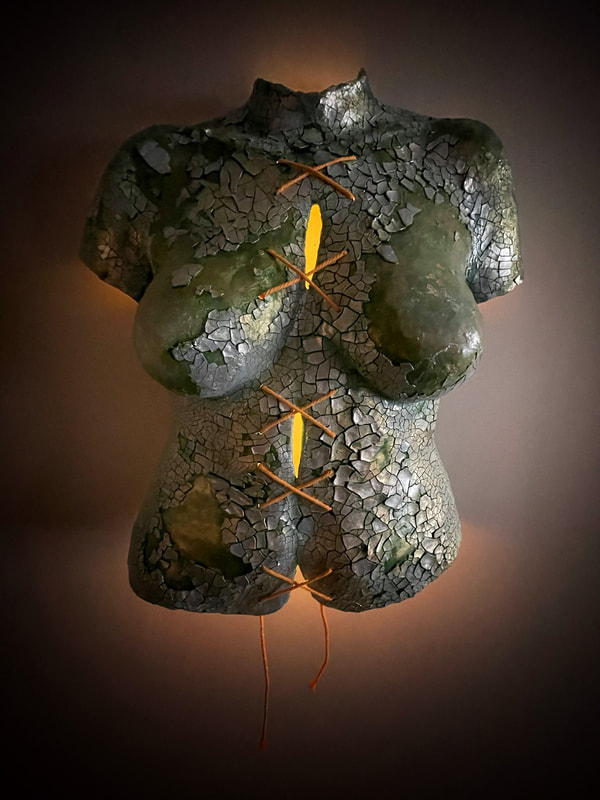
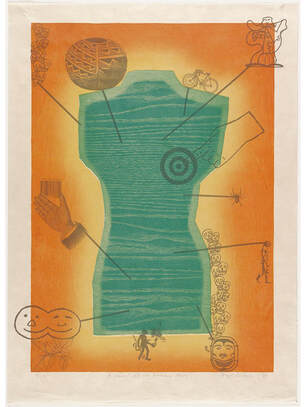
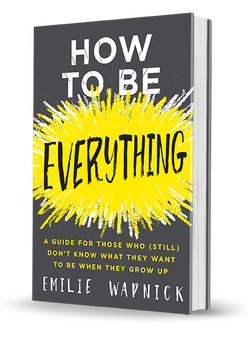
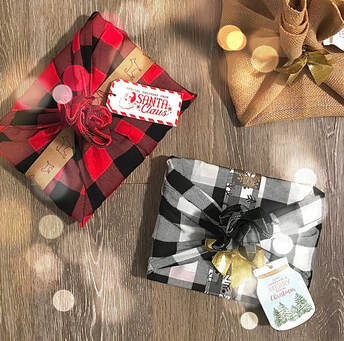
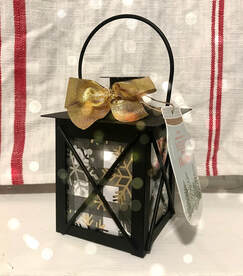
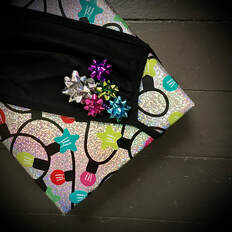
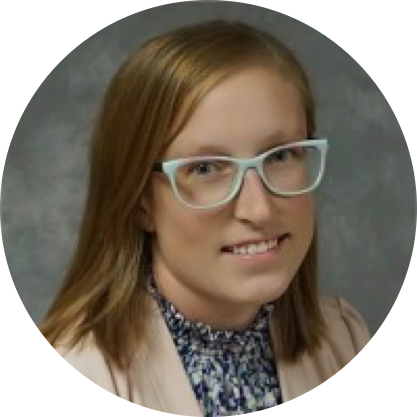
 RSS Feed
RSS Feed
